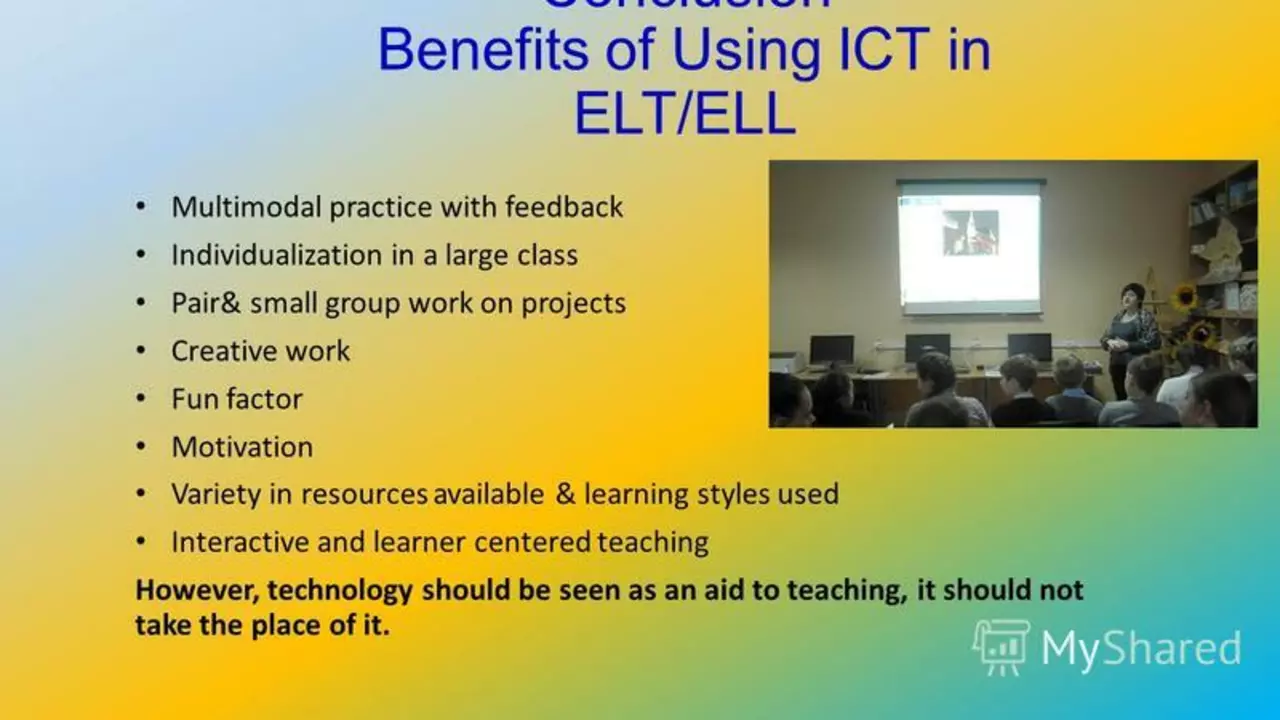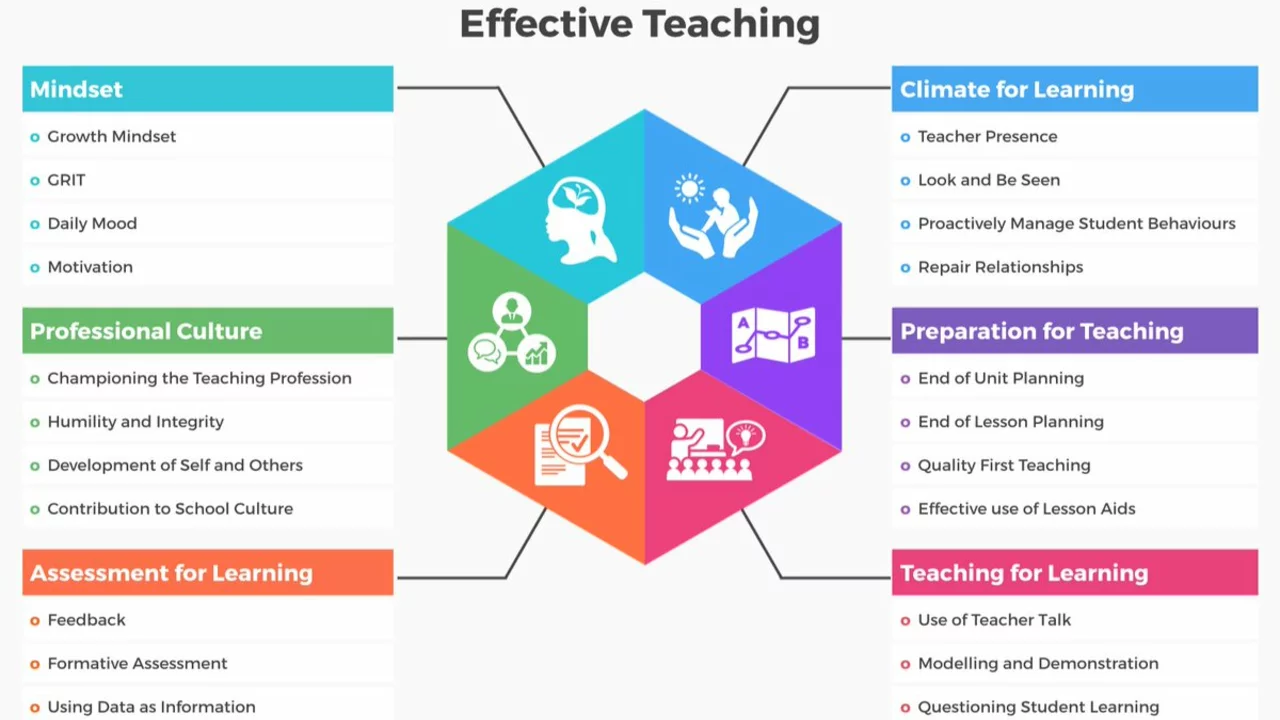Tag: teaching
- July 23, 2023
- Comments 0
- Education & Teaching Methods
What is the travelling theory of teaching and learning?
The travelling theory of teaching and learning is an intriguing concept that I've recently explored. Essentially, this theory proposes that knowledge is not static but moves and evolves through social interactions and cultural contexts. It's about viewing learning as a journey, where ideas are constantly exchanged, impacted by and reshaping our understanding as we traverse different environments and experiences. It emphasizes collaborative learning, open dialogues, and critical thinking. This theory encourages us to appreciate the fluid nature of knowledge, understanding that learning isn't a fixed destination, but an ongoing voyage.
Read More
- July 20, 2023
- Comments 0
- Education & Learning
What is the difference between education and teaching?
In my exploration of the distinctions between education and teaching, I've discovered that they are closely related but not interchangeable. Teaching is the act of imparting knowledge or skills, typically from a teacher to a student. Education, on the other hand, is a broader concept that encompasses not only the transfer of knowledge but also the methods and principles behind this process. It's a holistic approach that includes personal development and equips individuals with the tools necessary to navigate life. So, while all teaching is part of education, not all education involves teaching.
Read More

